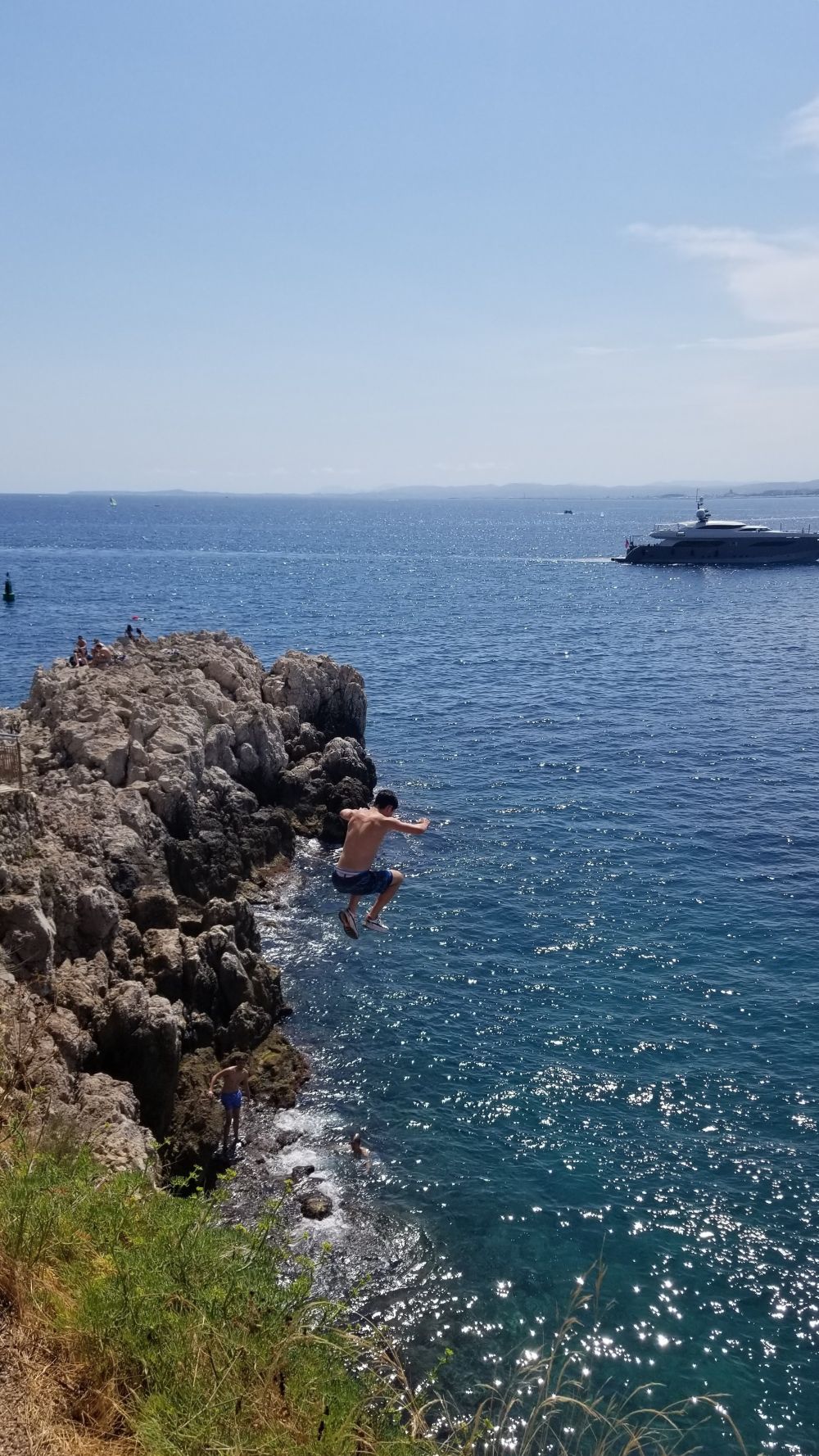Diana Ludet, Real Estate Agent in Nice
Financing Your Dream Home in Nice as a Non-Resident
Buying a home in the South of France might sound like a far-off dream - but for many North American buyers, it’s completely possible, with or without French residency. French banks regularly lend to non-resident buyers, provided your financial profile is solid and the property is located within their lending zones (and the Riviera certainly qualifies).
Why French Mortgages Are Worth Considering
French mortgage rates are often significantly lower than what borrowers might find in the United States. Rates for fixed-term loans have traditionally ranged between 3%-4%, depending on your down payment and financial situation.
In France, mortgages tend to be long-term and conservative, usually with fixed rates for the entire duration - sometimes up to 20 or even 25 years. That stability means your monthly payment will never increase, even if global rates fluctuate.
💡 Many buyers discover that a French mortgage helps hedge against currency swings and inflation - turning what began as a lifestyle decision into a sound financial one.
How Financing Works for Americans and Canadians
As a non-resident, you’ll typically work with a specialized international branch of a French bank or a mortgage broker familiar with foreign clients. The application process can feel more document-heavy than in the U.S., but it’s straightforward with the right guidance.
Here’s what French lenders will generally look at:
- Income proof (tax returns, pay slips, retirement statements)
- Existing debt ratio (your total monthly obligations should stay below 33% of income)
- Assets and savings
- Proof of identity
Down payments for non-residents usually start around 20-30%, although some lenders may ask for more if the loan is large or if your income is irregular.
Some banks offer mortgages without a down payment if you open an investment account with the bank. Not all your documents need to be translated into French, but your mortgage advisor or broker will assist with this step. An additional benefit to having a mortgage is that the bank will offer you a regular checking account along with the mortgage, which many North Americans find difficult to obtain otherwise.
What’s Different from the U.S. System
In France, lenders are cautious but predictable - there’s no subprime culture or hidden rate resets. Instead, you’ll find:
- Fixed rates that truly remain fixed
- No prepayment penalties after a certain period
- Property insurance to protect your loan
- Notary oversight - the notaire ensures all funds and contracts comply with French law
Closing costs and fees (including the notary’s) are typically around 7-8% of the purchase price, so it’s wise to budget that in from the start.
The Advantages of Borrowing in Euros
If you earn or hold assets in U.S. dollars, taking a euro-denominated mortgage can serve as a natural hedge if the euro weakens against the dollar. Conversely, if the euro strengthens, your property value in dollar terms may increase - a bonus for long-term investors.
Many buyers also appreciate that borrowing locally strengthens their application for a French residency visa or second-home permit, as it shows a financial commitment to the country.
Making It Simple
Working with a local bilingual buyer's agent in Nice makes the financing process far less intimidating. A good agent will connect you with English-speaking notaries, brokers, and banks familiar with U.S. documentation and tax systems.
If you’re thinking about buying a pied-à-terre or an investment property in Nice, don’t assume cash is your only option. French lenders welcome international clients - and the Riviera’s lifestyle might just become your smartest investment.
In short:
It’s not only possible for Canadians and Americans to get financing in France - it’s often advantageous. With stable rates, strong legal protection, and a world-class location, your Mediterranean dream home can be both a personal retreat and a financially sound move.
